MacKenzie Scott’s Inspiring Philanthropy
MacKenzie Scott has made headlines for her unprecedented philanthropic efforts. According to the New York Times, she has given upwards of $12 billion to various nonprofits and community-based organizations since 2019. Her rapid pace and unique approach landed her a spot on Time's 100 Most Influential People of 2020.
Scott is an American novelist and ex-wife of Amazon executive chair Jeff Bezos. Shortly after their divorce, she announced her intention to donate the wealth she accrued as an early contributor to the e-commerce company.
In a blog post, she noted that "anyone's personal wealth is the product of a collective effort" and said she would continue giving hers away "until the safe is empty."
To demonstrate her commitment, she signed The Giving Pledge along with her husband, Dan Jewett, a high school chemistry teacher. They join more than 230 affluent signatories, many of them billionaires, who promise to release the majority of their wealth to charitable causes during their lives or in their wills. Founded by Bill Gates and Warren Buffet in 2010, the pledge was taken on by Meta CEO Mark Zuckerberg, Star Wars director George Lucas, and fashion designer Diane von Fürstenberg.
Scott stands out from her peers not only in the speedy nature of her contributions, but in her deference to the groups to which she entrusts funds. While major philanthropists typically offer restricted donations to the causes they care about, she takes a more hands-off approach.
"Because we believe that teams with experience on the front lines of challenges will know best how to put the money to good use, we encouraged them to spend it however they choose," Scott wrote on Medium in 2021. "Many reported that this trust significantly increased the impact of the gift."
Restricted donations can be beneficial when a donor wants to support a specific mission at a large organization. For instance, funds earmarked for a particular wing of an art museum can champion creators from historically-neglected communities. But often, restrictions unintentionally leave nonprofits scrambling to allocate funds equally and as needs arise.
So far, Scott has prioritized a range of nonprofits rather than focusing on a single sector like healthcare or education. Alongside a team of advisors, she has uplifted causes such as racial justice, LGBTQ rights, economic mobility, environmental conservation, and gender equity.
In March 2022, Scott announced yet another round of donations to 465 nonprofits, totaling nearly $4 billion. The Center for Black Educator Development, the Equal Justice Initiative, and the National Indigenous Women's Resource Center were among the recipients.
Her team also directs funds to meet pressing humanitarian concerns. This has included historic cash infusions for organizations assisting Ukrainian refugees and reproductive rights groups across the United States. From the onset of the COVID-19 pandemic, Scott's fortune has similarly aided economic recovery programs for small businesses and people who have lost their jobs and loved ones.
The no-strings-attached aid has floored those on the receiving end of her efforts. The donations represent the highest amount ever given by an individual donor or through a one-time contribution for many of them.
Maryland-based Morgan State University, established in 1867, found itself among those organizations in 2020. As one of America's Historically Black Colleges and Universities, MSU has long struggled financially. Then, it received a $40 million unrestricted gift from Mackenzie Scott.
University President David Wilson called the money "generous and transformative." The majority of it has been put into the school's endowment — to create scholarships for students, sustain academic research, and build programs focused on health equity and intergenerational mobility.
"When I got off the phone I had to collect myself," Wilson told Forbes. "I was quite emotional. I even shed a tear."
A Giving Philosophy Built on Trust
Scott's unrestricted approach is a high-profile example of a shifting mindset amongst top donors and the heads of nonprofits. In an interview with The Conversation, philanthropy historian Tyrone McKinley Freeman calls the growing outlook "trust-based philanthropy."
Trust-based philanthropy goes beyond lump-sum donations. It asks philanthropists and foundations to back people's decisions on the ground floor of their fields instead of claiming to know best. Other aspects include:
Simplifying and streamlining any paperwork.
Being transparent about financial matters.
Offering non-monetary support when requested.
Scott's decisions could spur other wealthy people to reconsider their methods of giving back. As for those without billions in the bank, Scott believes everyone has a part to play: "Helping any of us can help us all."

